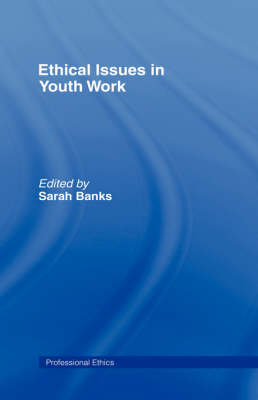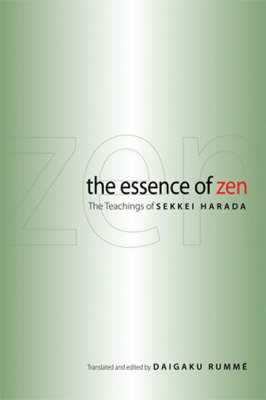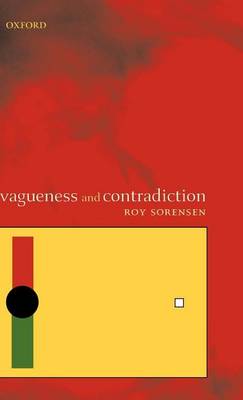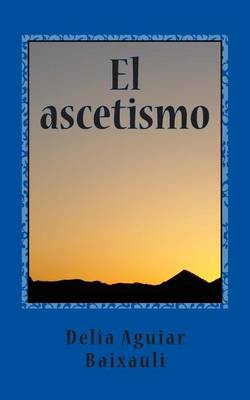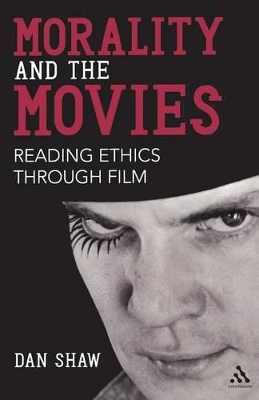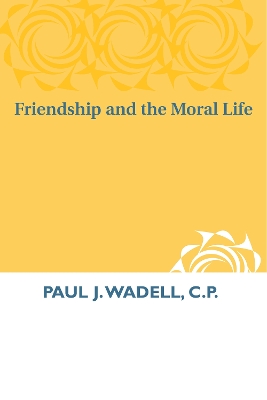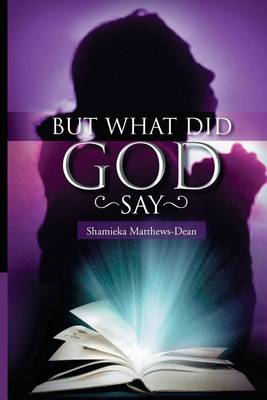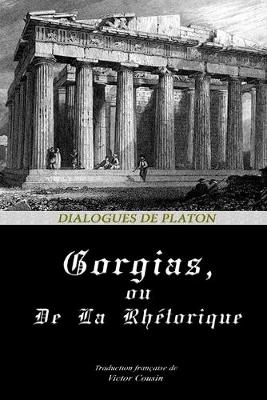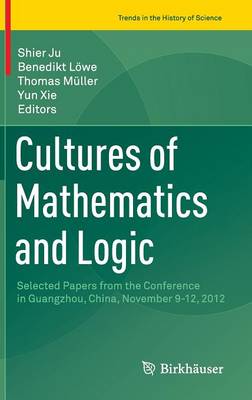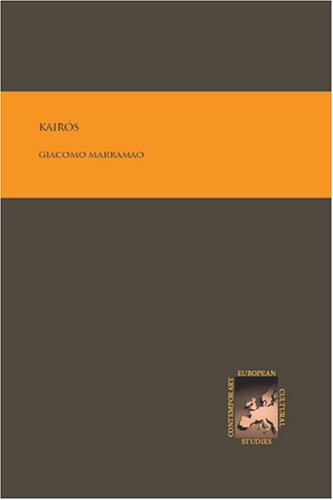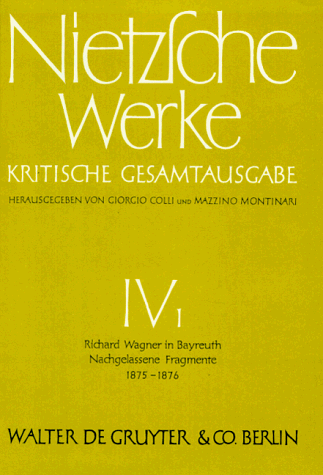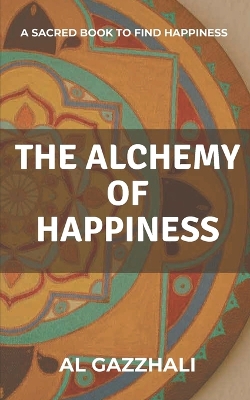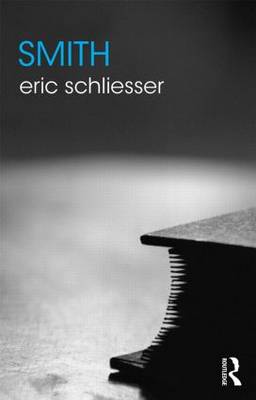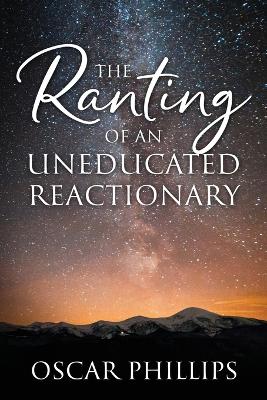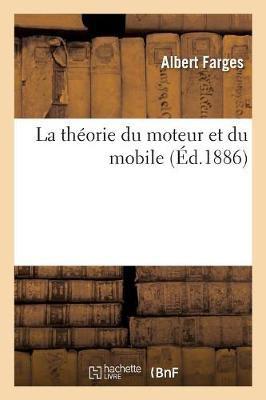Ethical Issues in Youth Work presents a systematic analysis of some of the core ethical dilemmas facing youth workers in their day to day practice. Among the topics discussed are: *when to break confidentiality *the ethics of religious conversion *conflicts between cultures *balancing the autonomy and control of young people *maintaining an equilibrium between accountability to funders, empolyers and young people This book also examines some of the key issues facing youth workers in the context...
This is an introduction to ethical theories and contemporary moral issues through film. "A Filmgoer's Guide to Ethics" presents the ideal introduction to philosophical ethics for film lovers. Dan Shaw uses a series of fifteen popular films, including "Hotel Rwanda", "Casablanca", "Citizen Kane", "A Clockwork Orange", "Dead Man Walking" and "Full Metal Jacket", to illustrate all the major ethical theories and key contemporary moral issues. The book provides a brief summary and philosophical inter...
First Book In Natural Philosophy For The Use Of Schools And Academics
by Joseph Anthony Gillet
J Krishnamurti Brockwood First Public Talk 12th September 1985
by J Krishnamurti
Cultures of Mathematics and Logic (Trends in the History of Science)
This book gathers the proceedings of the conference "Cultures of Mathematics and Logic," held in Guangzhou, China. The event was the third in a series of interdisciplinary, international conferences emphasizing the cultural components of philosophy of mathematics and logic. It brought together researchers from many disciplines whose work sheds new light on the diversity of mathematical and logical cultures and practices. In this context, the cultural diversity can be diachronical (different cult...
Kairos (Contemporary European Cultural Studies)
by Giacomo Marramao
Richard Wagner in Bayreuth (Unzeitgemasse Betrachtungen IV). Nachgelassene Fragmente Anfang 1875 - Fruhling 1876
by Friedrich Wilhelm Nietzsche
Smith (Routledge Philosophers) (Arguments of the Philosophers)
by Professor of Political Science Eric Schliesser
Adam Smith is rediscovered every few generations by philosophers surprised by his subtlety, originality, and relevance. Smith's status as mythical father of economic science and his role as canonical defender of free trade is secure within economics, but few philosophers have been more often misrepresented and underestimated. Because he is well known as an advocate of commercial society, many scholars, public intellectuals, commentators, and journalists are happy to implicate him automatically i...
Borders of Justice (Politics, History, and Social Change) (Politics History & Social Chan)
Exploring the limits of and contradictions of transitional justice
